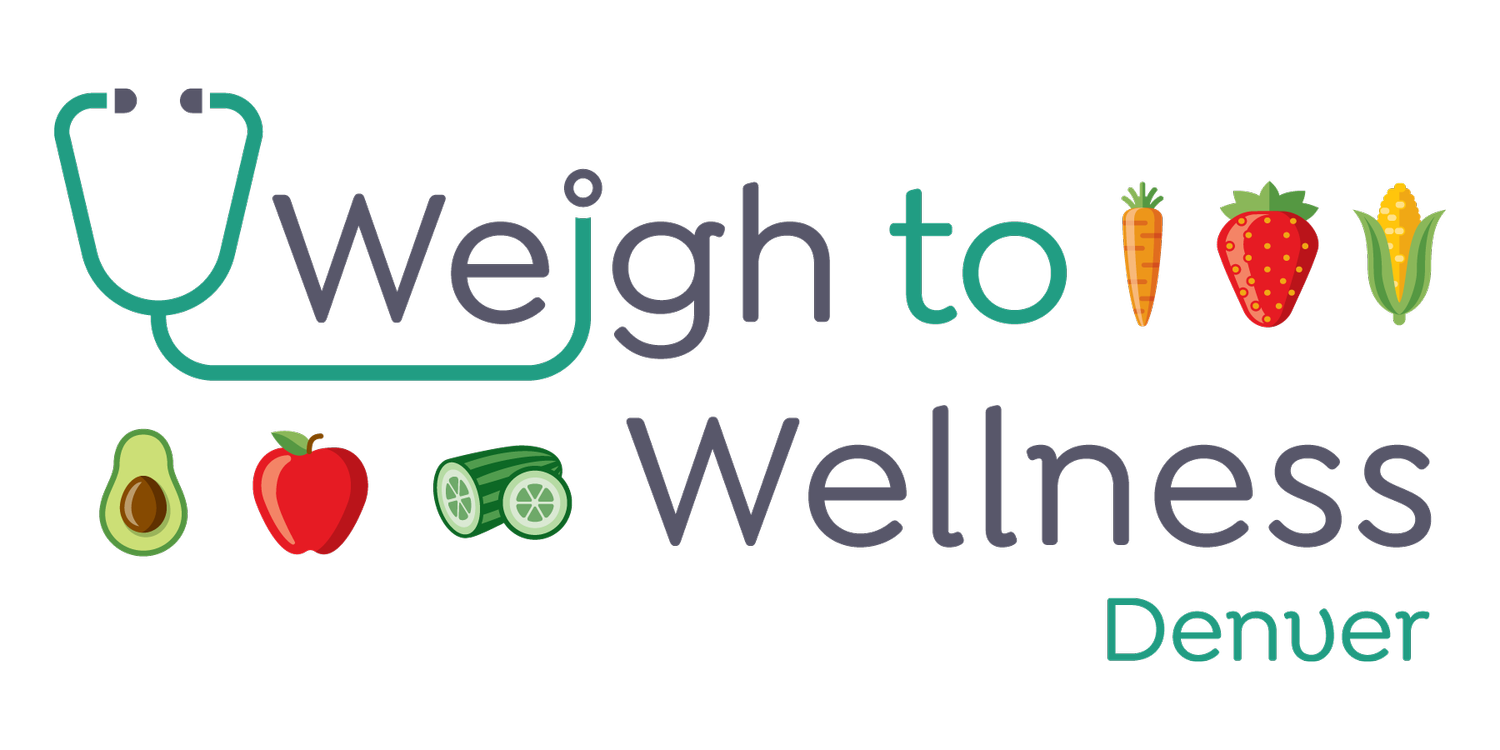Organic Foods: What They Are, Health Impacts and How to Incorporate Them in Our Diet
What Are Organic Foods?
Organic foods are products grown and produced following strict guidelines that prioritize natural processes over synthetic ones. Organic farming practices avoid synthetic chemicals, such as pesticides, fertilizers and genetically modified organisms (GMOs). Additionally, organic farms are dedicated to fostering biodiversity and ecological balance, focusing on preserving soil health and reducing pollution. Unlike conventional farming, organic farming uses crop rotation, composting and natural pest control methods to maintain healthy and sustainable agriculture.
To ensure that a product is truly organic, various certification bodies monitor and regulate organic farming practices. In the United States, for example, the USDA organic certification is a well-known seal that guarantees a product meets organic standards. Certified organic foods undergo rigorous inspections to confirm that they avoid artificial additives and comply with organic farming practices.
In addition to fruits and vegetables, organic options are available for dairy, meat and packaged products. Organic livestock, for example, are raised without growth hormones or antibiotics and are fed organic, non-GMO feed. This commitment to natural farming practices distinguishes organic foods from their conventional counterparts and appeals to consumers interested in sustainable and eco-friendly food options.
Are Organic Foods Good for Us?
The health benefits of organic foods are a topic of ongoing research, and while some studies show potential advantages, the evidence is not yet definitive. Let’s look at some of the key findings in recent years:
Lower Pesticide Exposure: One of the primary health benefits often attributed to organic foods is lower pesticide exposure. Because organic farming avoids synthetic pesticides, the pesticide residue in organic produce tends to be lower than in conventionally grown foods. For vulnerable populations, such as children, minimizing pesticide exposure can be particularly appealing. However, while reduced pesticide levels are seen as a plus, the long-term health impact of consuming organic foods remains unclear.
Reduced Antibiotic-Resistant Bacteria in Meat: Organic meat and poultry are less likely to contain antibiotic-resistant bacteria compared to conventionally farmed animals. This is because organic regulations restrict the use of antibiotics, which helps prevent the development of antibiotic-resistant strains. Given the growing concern over antibiotic resistance as a global health issue, organic meats offer a potential benefit by reducing this risk. Still, it’s important to remember that while organic meat may offer this advantage, safe cooking and handling practices are essential regardless of meat type.
Potentially Higher Nutrient Content: Some studies indicate that organic foods may contain slightly higher levels of certain nutrients. For instance, organic dairy and meat have been found to contain higher levels of omega-3 fatty acids and some organic produce may have more phenolic compounds. However, the nutritional differences between organic and conventional foods are often minimal and may not be significant enough to impact overall health. Consequently, the nutritional content of organic foods should not be the sole reason for choosing them.
Possible Long-Term Health Outcomes: Observational studies have linked the consumption of organic foods to lower risks of obesity, metabolic syndrome and some cancers. However, observational studies cannot establish a direct cause-and-effect relationship. Thus, while these findings are promising, more comprehensive, long-term studies are needed to confirm these potential health benefits.
In summary, organic foods do present some advantages, especially in terms of reduced pesticide and antibiotic exposure. However, the current evidence on their overall health benefits is mixed. It’s clear that more long-term research is required to understand the full impact of organic food consumption on our health.
How to Incorporate Organic Foods in Our Diet
While organic foods have their benefits, they are often more expensive than conventional options, and for some, the price can outweigh the perceived benefits. Here are some practical tips for balancing organic and conventional foods in a budget-friendly and health-conscious way:
Focus on the “Dirty Dozen”: Each year, the Environmental Working Group (EWG) publishes a list of the “Dirty Dozen,” which highlights the fruits and vegetables with the highest pesticide residues. By choosing organic options for these specific items (e.g., strawberries, spinach, and apples), you can reduce pesticide exposure without buying all organic produce. This selective approach allows you to get the benefits of organic without overspending.
Consider the “Clean Fifteen”: The EWG also lists the “Clean Fifteen,” which are foods with the least pesticide residues. These foods, like avocados, sweet corn, and pineapples, are generally safe to buy conventionally. By focusing on conventional options for low-residue produce, you can keep costs down and still enjoy a diet rich in fruits and vegetables.
Prioritize Organic for Animal Products: If your budget allows, consider purchasing organic meat, dairy, and eggs. These items tend to have a larger difference between organic and conventional options regarding antibiotic and hormone use, which may be beneficial for those looking to reduce exposure to these substances.
Buy in Bulk or During Sales: Organic foods often go on sale, and many grocery stores offer discounts on bulk items. By buying organic products in bulk or when on sale, you can stock up on certain items without exceeding your budget. Frozen organic produce, for example, can be a cost-effective way to enjoy organic foods year-round.
Shop at Local Farmers’ Markets: Many local farmers follow organic practices even if they are not certified. Farmers’ markets provide a chance to talk directly with growers about their methods and may offer organic or nearly-organic products at lower prices than in supermarkets.
Conclusion
Organic foods are produced with environmentally friendly practices that often lead to lower pesticide exposure and reduced antibiotic-resistant bacteria. While some studies indicate potential health benefits, the overall evidence is not conclusive. Balancing organic and conventional foods by selectively choosing organic items, especially for high-pesticide produce, can help maximize benefits while managing costs. As more research is conducted, our understanding of organic foods and their impact on health will continue to evolve, but for now, a balanced approach is likely the most practical and health-conscious choice.

